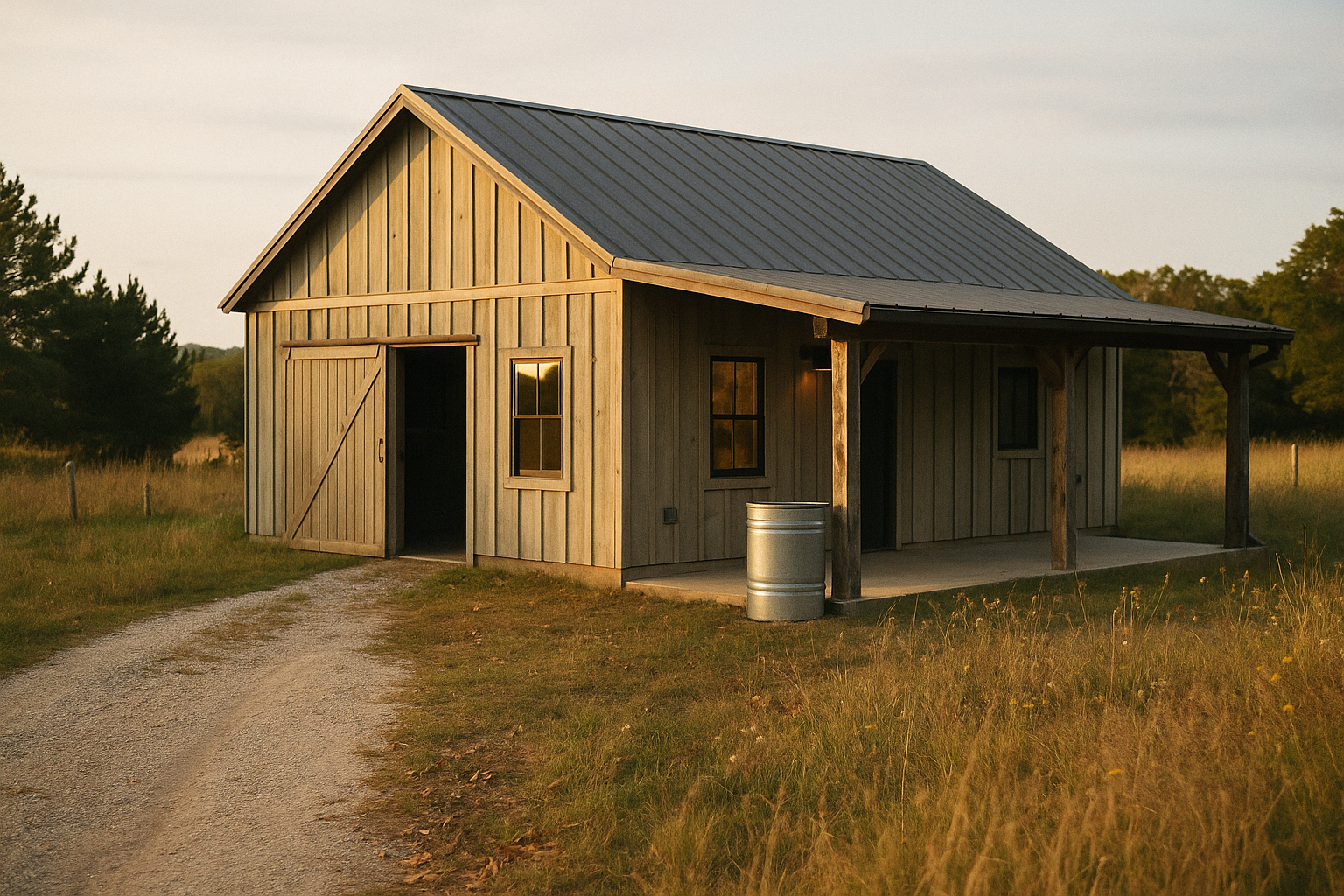
Understanding Window Replacement Grants for Seniors
As we age, maintaining a comfortable and energy-efficient home becomes increasingly important. One way seniors can enhance their living environment is by upgrading their windows. However, the cost of window replacement can be daunting. Fortunately, there are various grants and financial assistance programs available to help seniors cover these expenses. Understanding these window replacement grants is crucial for seniors seeking to improve their homes without financial strain.
Window replacement grants for seniors are designed to assist those on fixed incomes or limited financial resources. These grants can come from federal, state, or local government programs, as well as non-profit organizations. The primary goal of these grants is to promote energy efficiency, increase safety, and improve the overall quality of life for seniors. By replacing old, inefficient windows, seniors can reduce their energy bills, enhance home security, and enjoy a more comfortable living space.
In addition to government and non-profit programs, some utility companies offer incentives for energy-efficient upgrades, including window replacement. These programs often provide rebates or discounts to encourage homeowners to make energy-saving improvements. Seniors should explore all available options to find the most suitable financial assistance for their specific needs.
Eligibility Criteria for Window Replacement Assistance
Eligibility for window replacement grants varies depending on the specific program. Generally, these programs target seniors with limited income or those who meet certain financial criteria. To qualify, applicants may need to provide proof of age, income, and homeownership. Some programs may also consider the condition of the existing windows and the potential energy savings from replacement.
Here is a general list of eligibility criteria that seniors might encounter:
- Age: Typically, applicants must be 60 years or older.
- Income: Applicants may need to demonstrate low or moderate income levels.
- Homeownership: Proof of ownership or long-term residence in the home is often required.
- Condition of Windows: Some programs assess the current state of windows to determine eligibility.
It’s essential for seniors to thoroughly research and understand the specific requirements of each grant or assistance program. This can often be done through local government websites, senior centers, or by reaching out to non-profit organizations dedicated to assisting seniors. By ensuring they meet the eligibility criteria, seniors can increase their chances of receiving the necessary financial support for window replacement.
Benefits of Upgrading Windows for Seniors
Upgrading windows offers numerous benefits, especially for seniors who spend a significant amount of time at home. New windows can dramatically improve energy efficiency, leading to lower heating and cooling costs. This is particularly beneficial for seniors living on a fixed income, as it helps reduce monthly utility bills.
Beyond financial savings, new windows can enhance the comfort and safety of a home. Modern windows often come with advanced locking mechanisms and shatter-resistant glass, offering increased security. Additionally, improved insulation properties help maintain a consistent indoor temperature, reducing drafts and cold spots.
Other advantages include:
- Noise Reduction: New windows can greatly reduce outside noise, creating a more peaceful living environment.
- Increased Home Value: Upgrading windows can boost the overall value of a home, which is beneficial for future resale.
- Enhanced Aesthetics: New windows can update the look of a home, providing a fresh and modern appearance.
For seniors, these benefits contribute to a safer, more comfortable, and financially manageable living space. Investing in window replacement can be a wise decision for maintaining independence and quality of life.
Exploring Government and Non-Profit Assistance Programs
Government and non-profit organizations offer a variety of programs to help seniors with window replacement. At the federal level, programs like the Low-Income Home Energy Assistance Program (LIHEAP) and the Weatherization Assistance Program (WAP) are key resources. These programs aim to improve energy efficiency and reduce utility costs for low-income households, including seniors.
State and local governments may also offer grants or low-interest loans specifically for home improvements, including window replacement. These programs often have specific eligibility criteria and application processes, so it’s important for seniors to reach out to local agencies for detailed information.
Non-profit organizations, such as Habitat for Humanity, may also provide assistance for seniors needing home repairs. These organizations often work with volunteers and rely on donations to help improve the living conditions of those in need. Seniors can contact local chapters to inquire about available programs and services.
By exploring these various avenues, seniors can find the support they need to make necessary home improvements without overwhelming financial burdens.
Conclusion: Enhancing Senior Living Through Window Replacement
In conclusion, window replacement grants and assistance programs are invaluable resources for seniors looking to upgrade their homes. By understanding the available options and eligibility criteria, seniors can access the financial support needed to enhance their living environment. The benefits of upgrading windows extend beyond cost savings, offering improved comfort, safety, and home value.
For seniors, investing in window replacement is not just about modernizing their homes; it’s about creating a space that is safer, more comfortable, and economically sustainable. By taking advantage of these programs, seniors can enjoy the many benefits of new windows, ultimately leading to a better quality of life.


